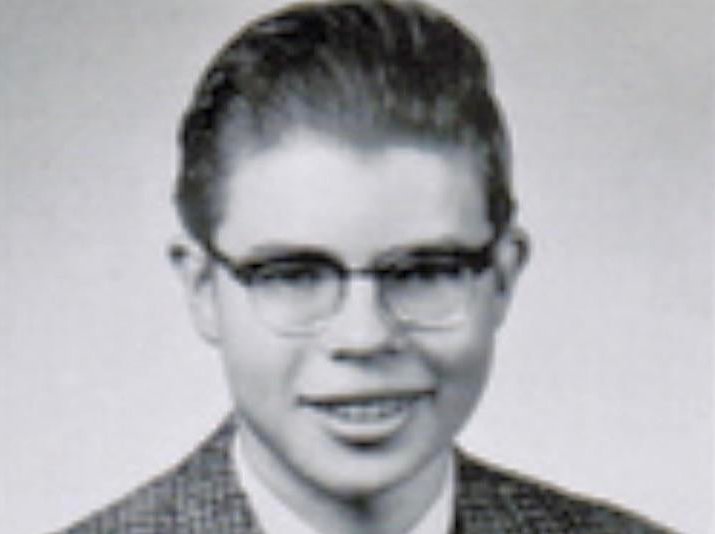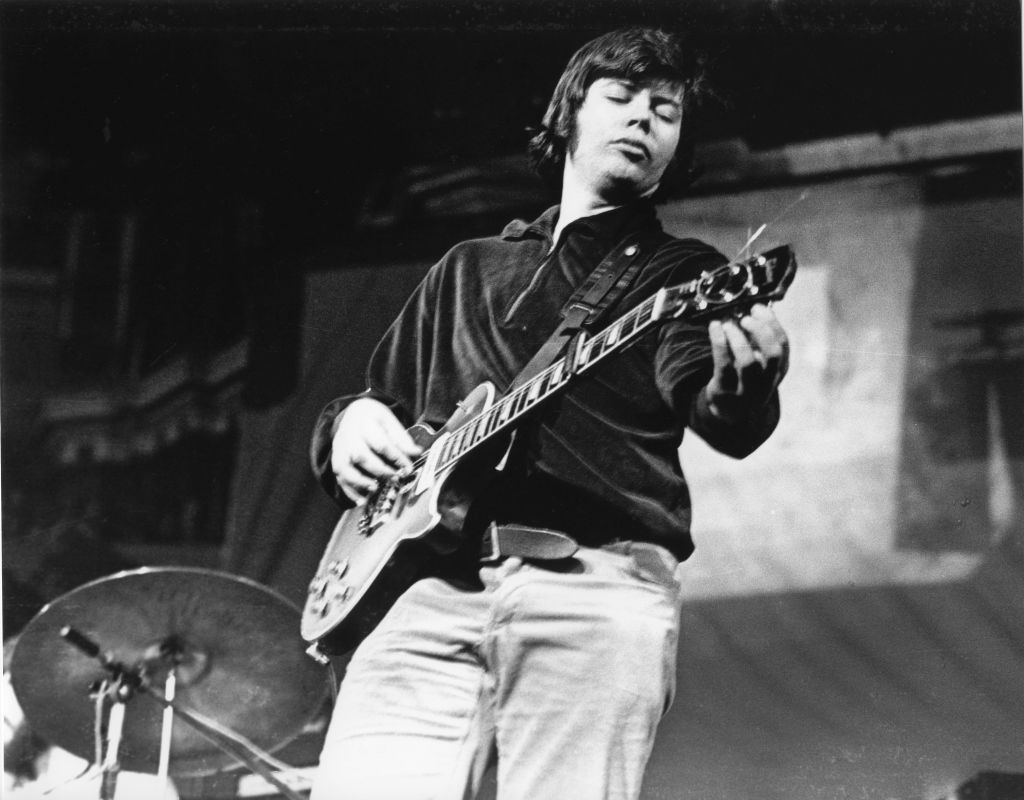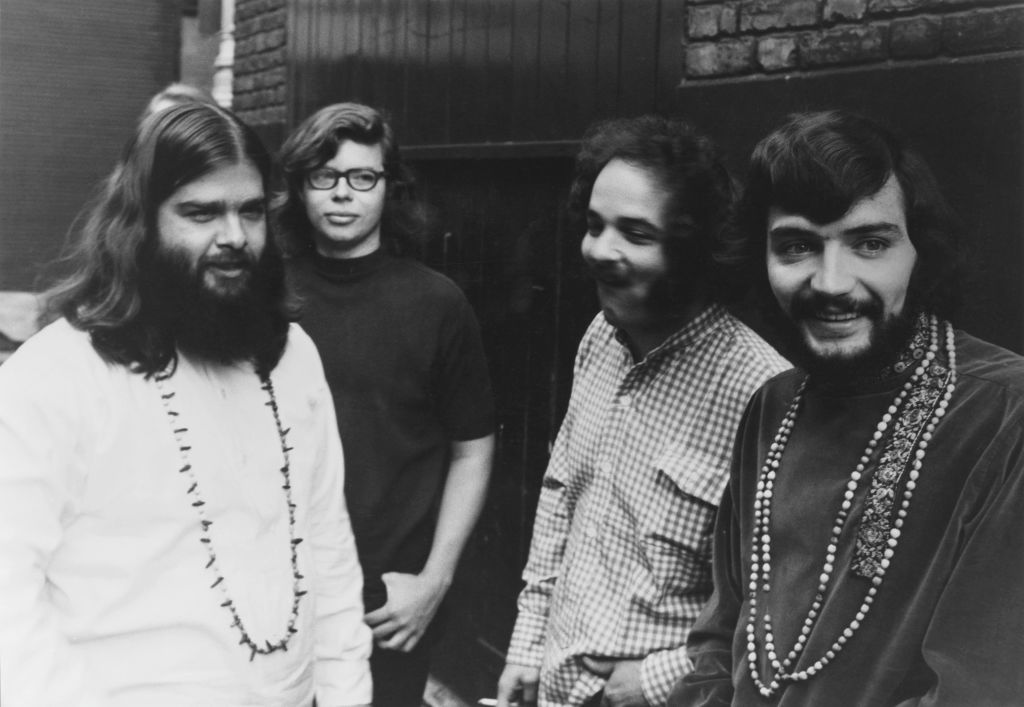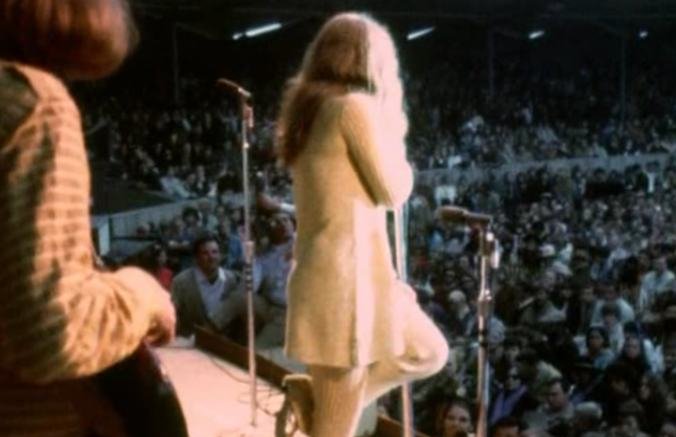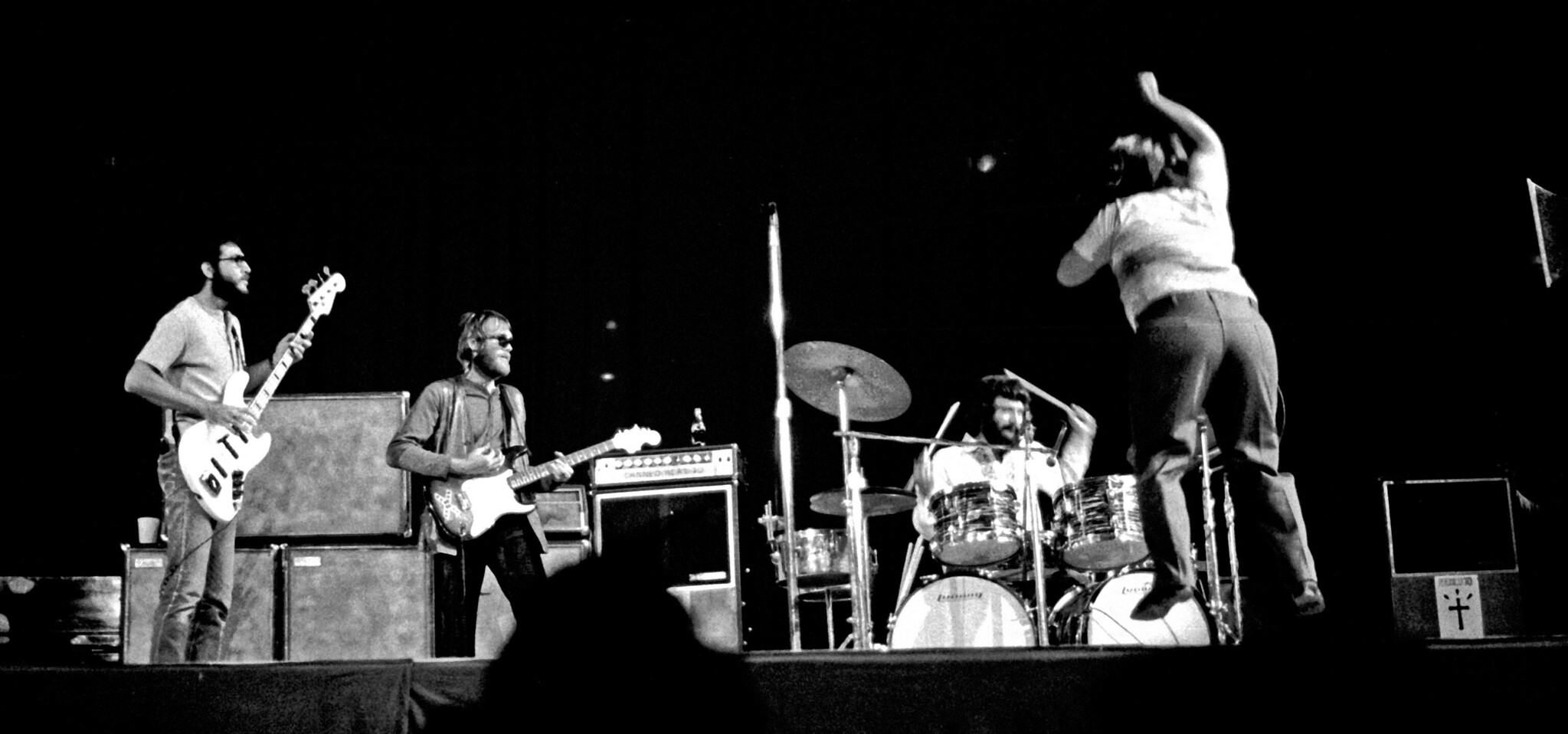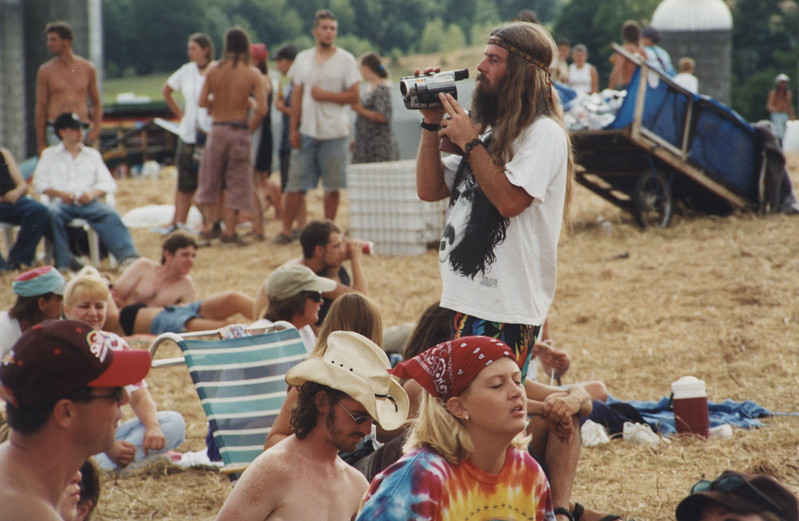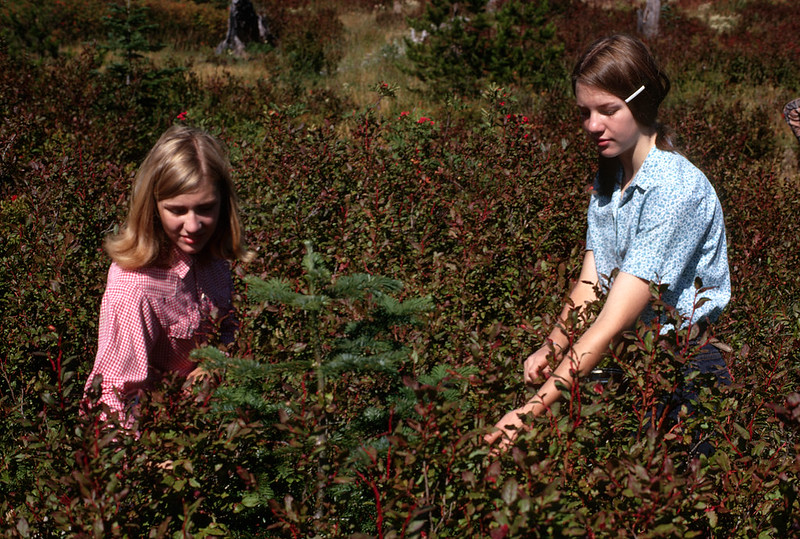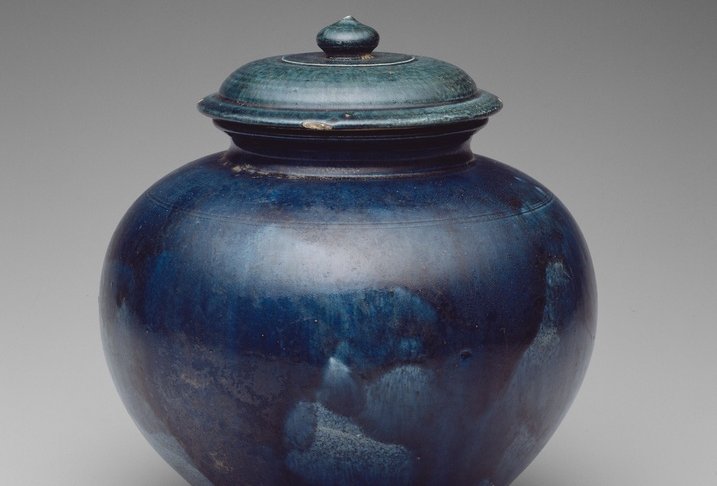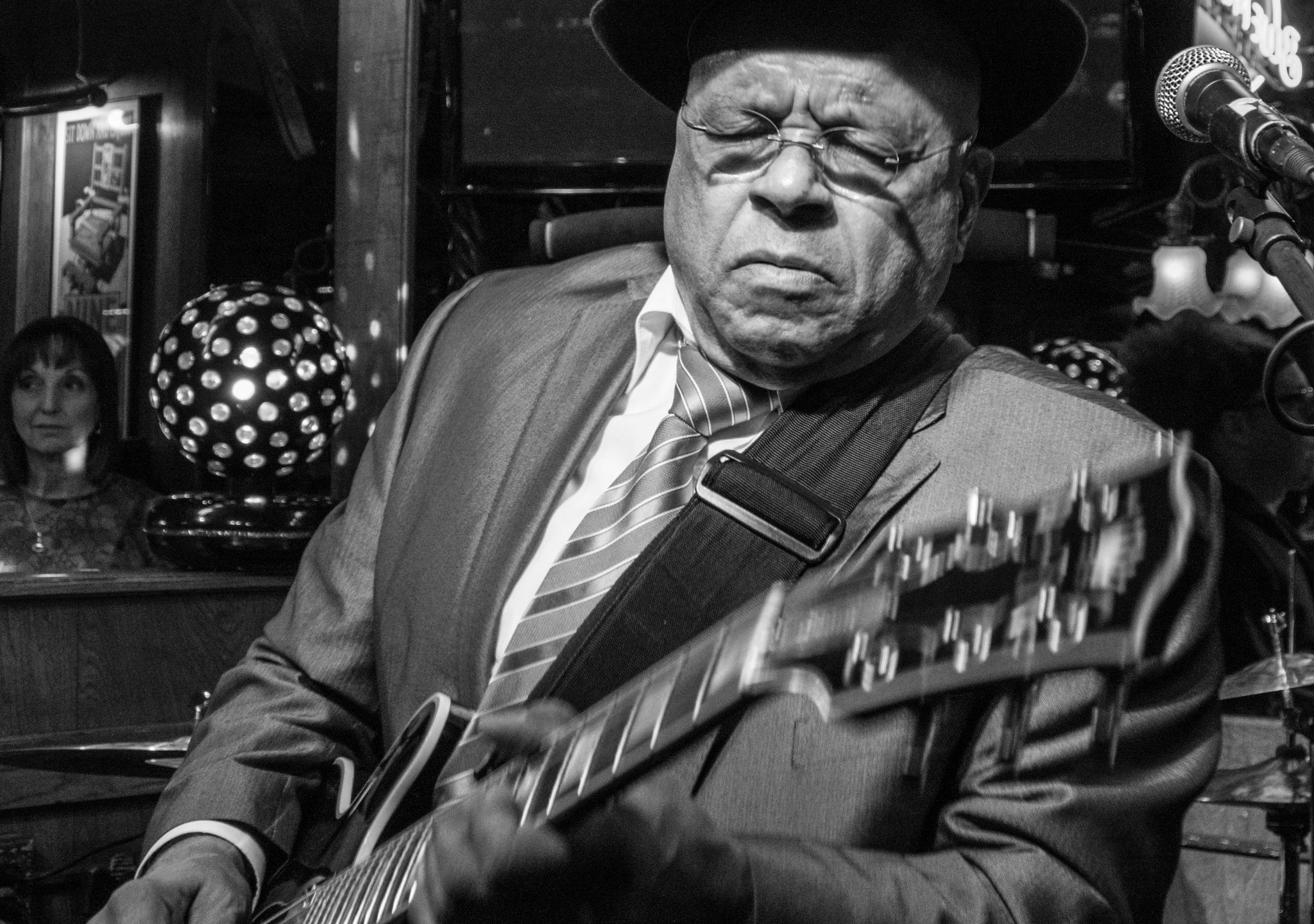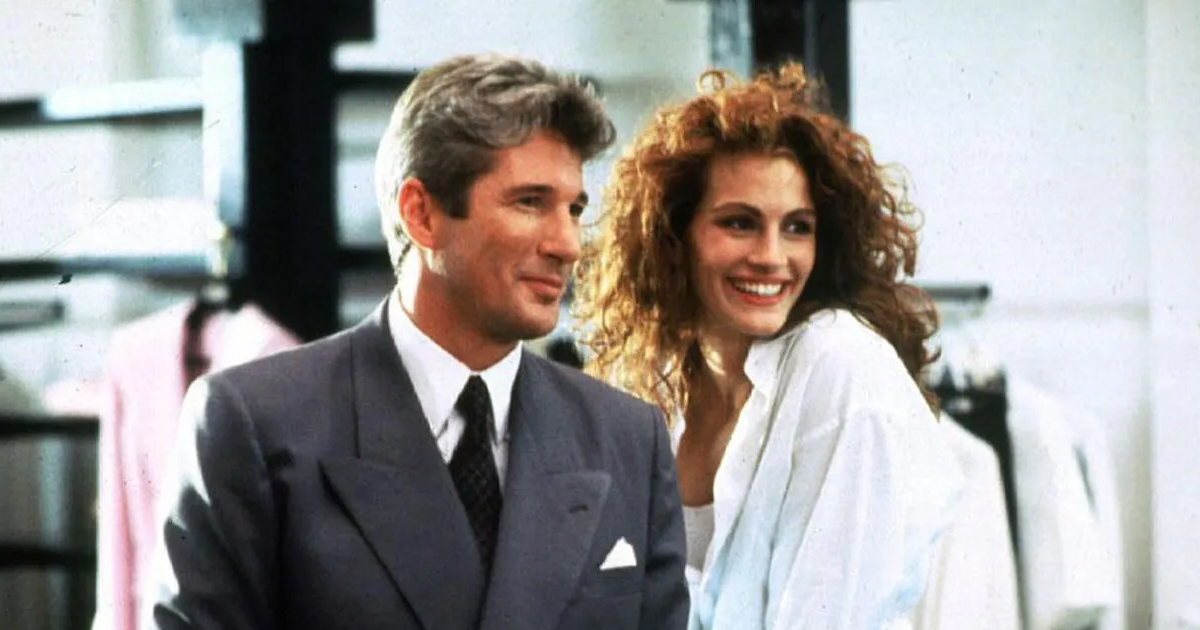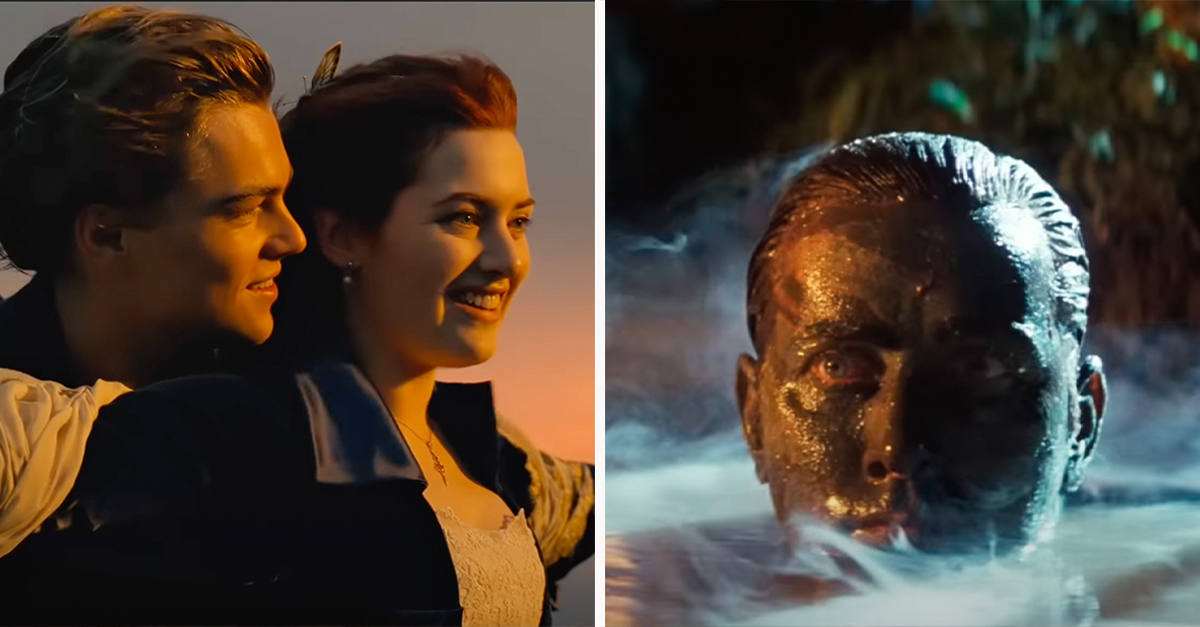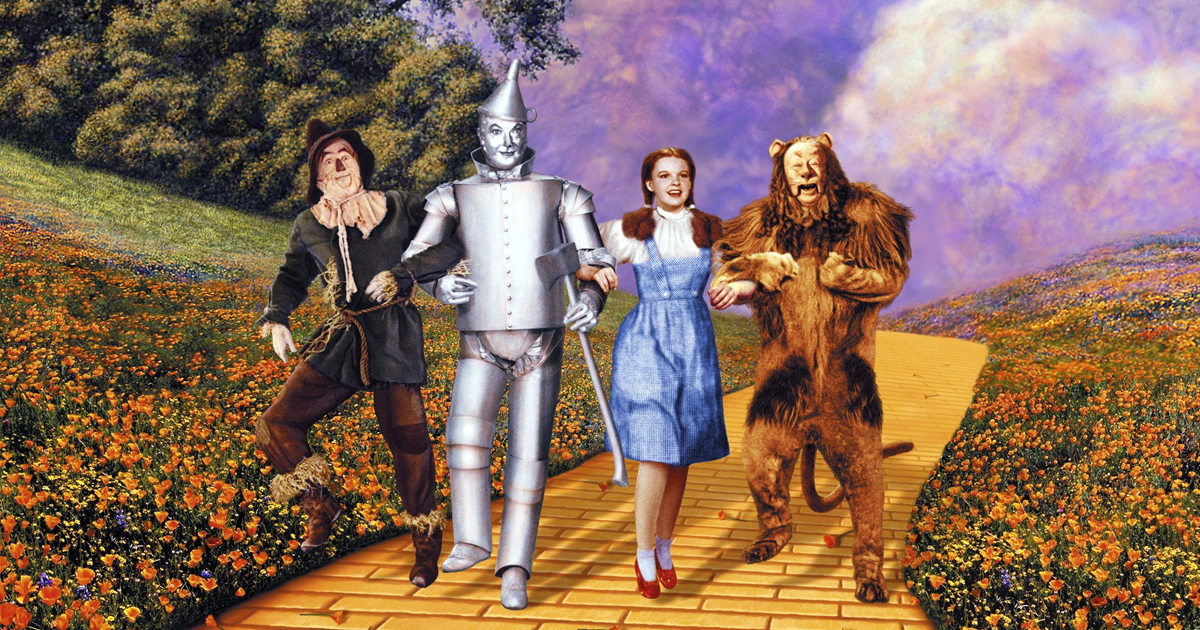A Misunderstood Musical Genius
Classic blues musician Alan “Blind Owl” Wilson always seemed serene and at peace while performing on stage. But in reality, he spent his life struggling to silence the demons in his mind.
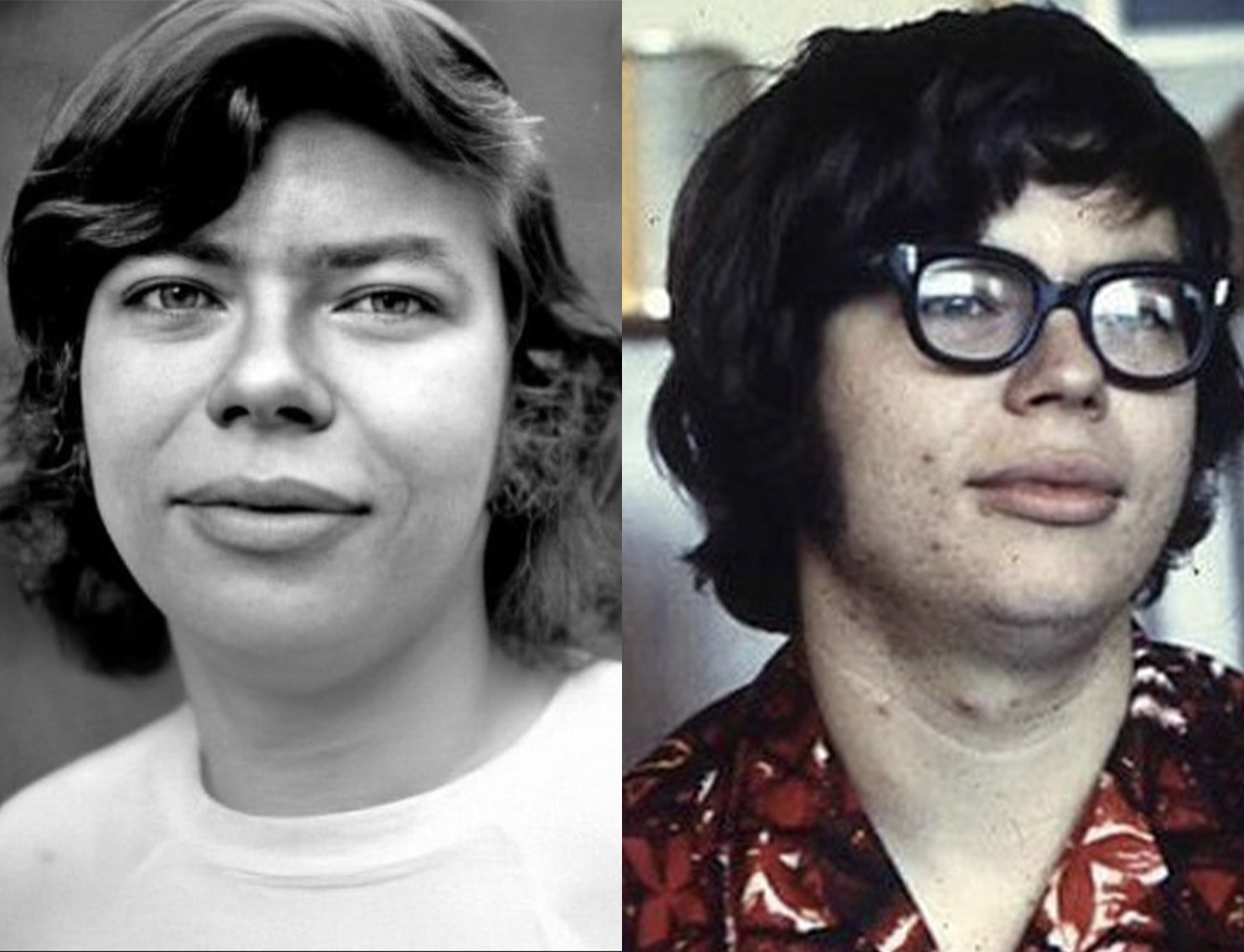
1. He Was Born Different
Born in the early 1940s in Boston, Massachusetts, Wilson began showing his unique personality quirks at a young age. He proved to be both extremely brainy and notably introverted as a child. While this likely made home life a bit easier for his parents and older sister, his differences attracted all the wrong kinds of attention from his peers.
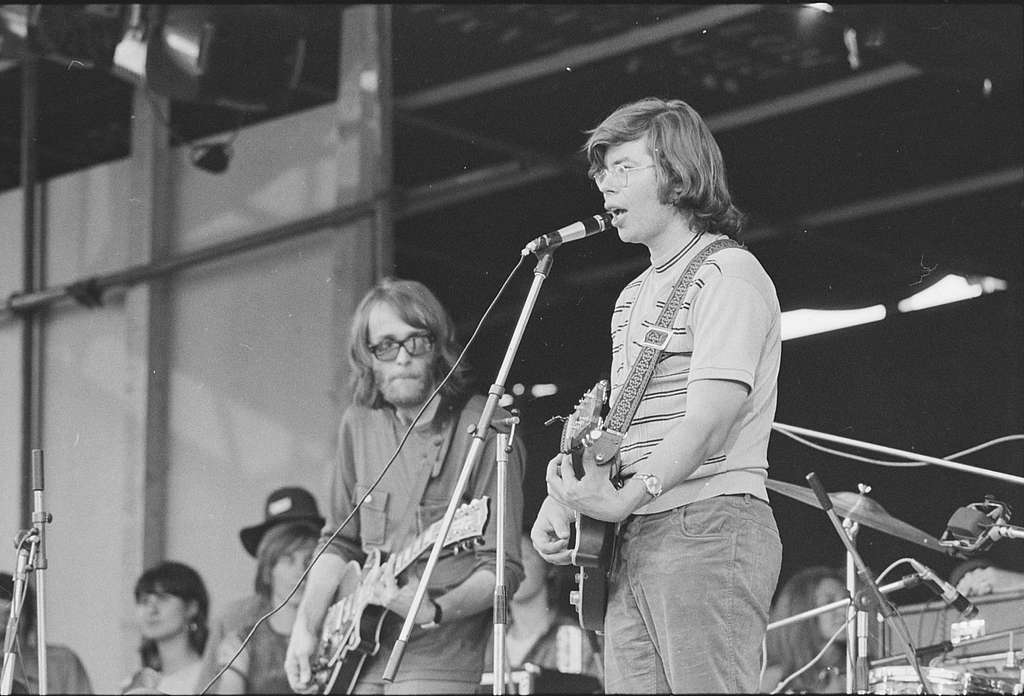 Noord-Hollands Archief, Picryl
Noord-Hollands Archief, Picryl
2. They Didn’t Like Him
Other children at school poked fun at Wilson, likely only pushing him deeper into his own psyche and isolation. But things started to change when Wilson’s father got into amateur radio, piquing his son’s interest. The real spark in him, though, came when his mom got him a jazz record. Those early days with music changed everything for him.
3. He Found His Niche
Wilson taught himself to play several instruments as he grew older, including the trombone, guitar, and harmonica. When he practiced singing, he’d hide in his closet. But out in the real world, he used his talents to make friends, even putting together a band at school. Even with his passion, though, he took a more traditional step forward—at first, anyway.
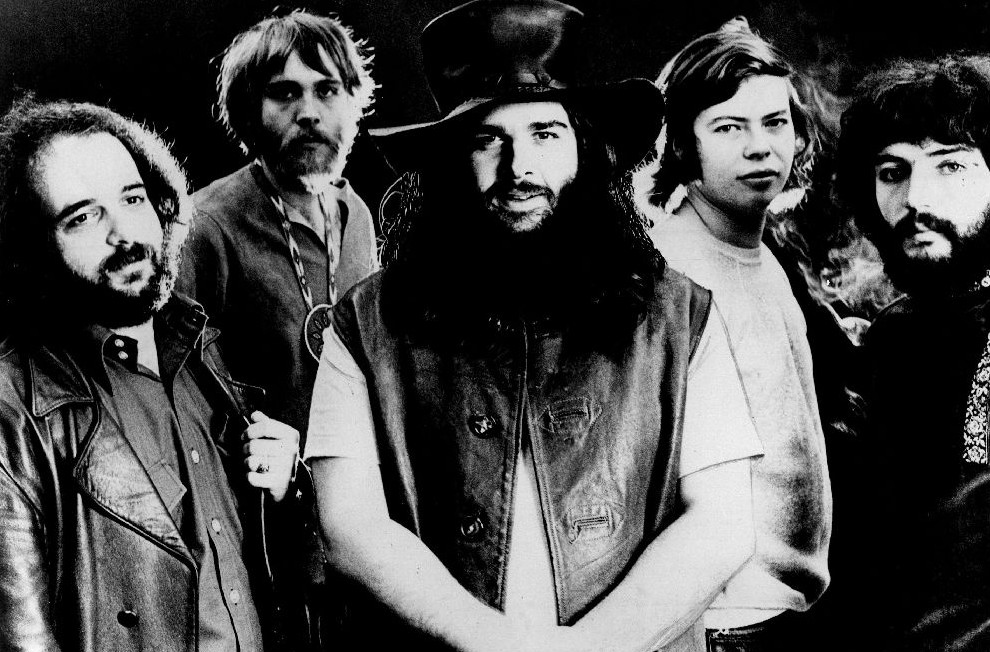 Skip Taylor Productions, Wikimedia Commons
Skip Taylor Productions, Wikimedia Commons
4. He Dropped Out
In the early 1960s, Wilson started his undergraduate career studying music. He excelled at school, even publishing several articles about the blues music genre. He didn’t seem satisfied, though. He wanted to make music, not just write about it. And so, after only about a year and a half of college, he dropped out. Things got worse before they got better.
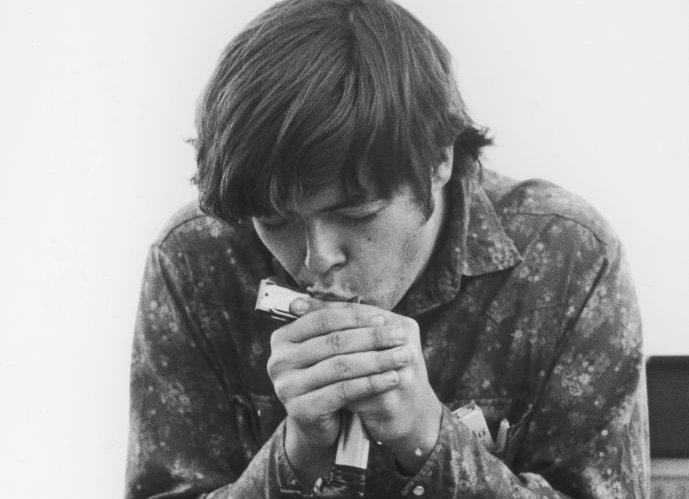 Pictorial Parade, Getty Images
Pictorial Parade, Getty Images
5. He Did Hard Labor
Once he quit school, Wilson found himself faced with the responsibility of taking care of himself. He ended up laying bricks with his father and giving music lessons on the side to make money. Luckily for him, though, it didn’t take too long for him to begin pursuing a music career. It all started with one unexpected friendship.
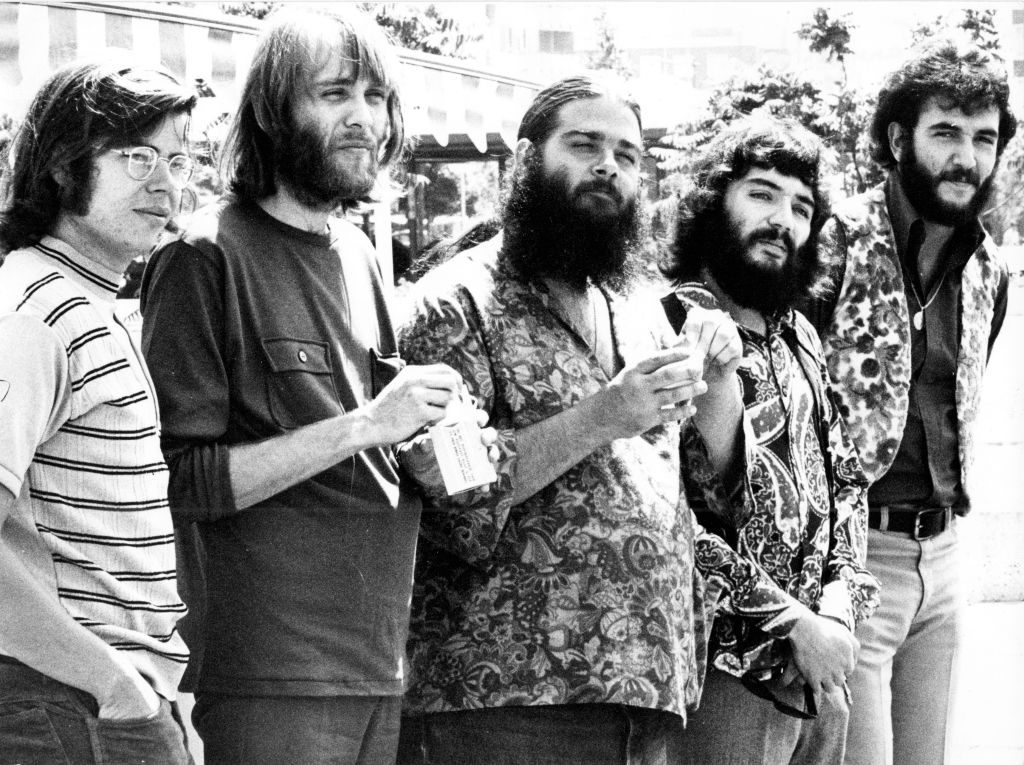 Gijsbert Hanekroot, Getty Images
Gijsbert Hanekroot, Getty Images
6. He Met The Right Person
Considering Wilson’s tendency to be more reserved, it’s surprising that his career began with a chance meeting at a record store. When Wilson met musician—and huge blues fan—David Evans, in 1962, their friendship blossomed quickly with the two gigging at small venues. Wilson’s brilliance with the harmonica earned him his next surprising opportunity.
7. He Got Discovered
At just this time, the blues re-emerged as a popular genre in American music. Thus, Wilson found himself a genius blues musician in the right place at the right time. His skill earned him some notoriety, and he jumped at opportunities to play with several well-known blues musicians. But his big chance came when he basically guided one blues star back into the limelight.
8. He Brought Him Back
Wilson met one of his blues icons, Son House, in 1964. He used his love for House’s music and skill with guitar to literally remind House of his music. Thanks to Wilson, House returned to recording after years away from music. The very next year, though, Wilson finally got the chance to put himself front and center. He’d come to regret it.
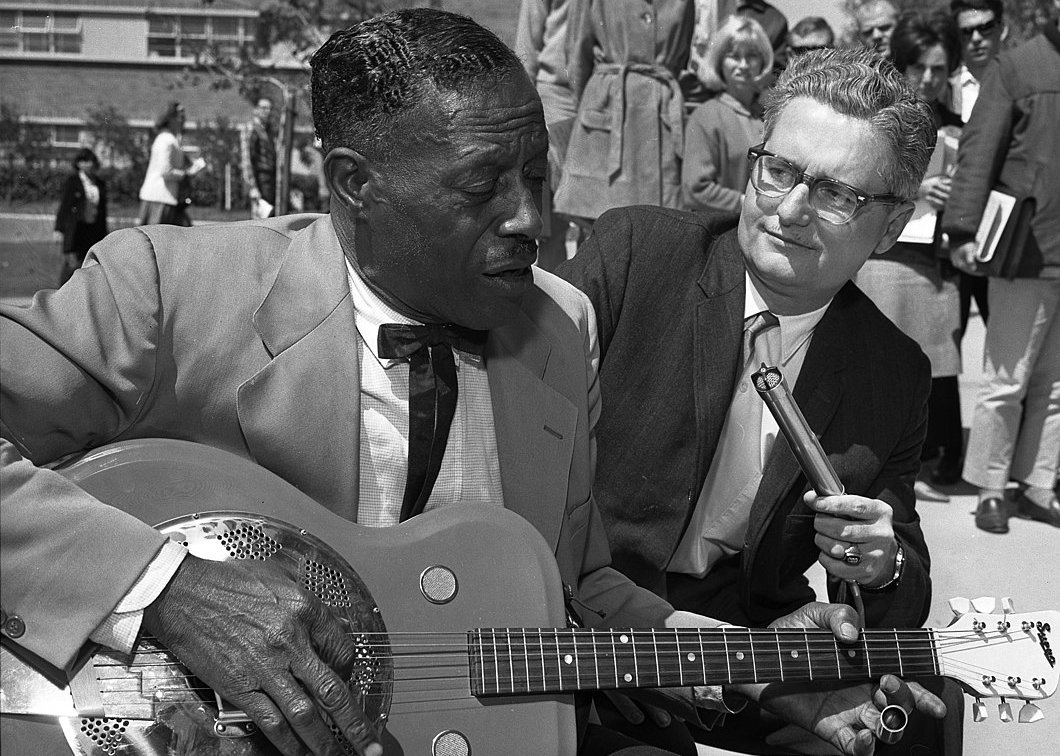 Los Angeles Times, CC BY 4.0, Wikimedia Commons
Los Angeles Times, CC BY 4.0, Wikimedia Commons
9. He Went Hollywood (Kind Of)
Wilson’s first step toward the rest of his life began with a move to Los Angeles in 1965. He went there with guitarist John Fahey, intending to use his thorough blues knowledge to help Fahey with his master’s thesis. This put Wilson in the right place to build on his growing career. Perhaps even more notoriously, though, it gave him a name he never got rid of.
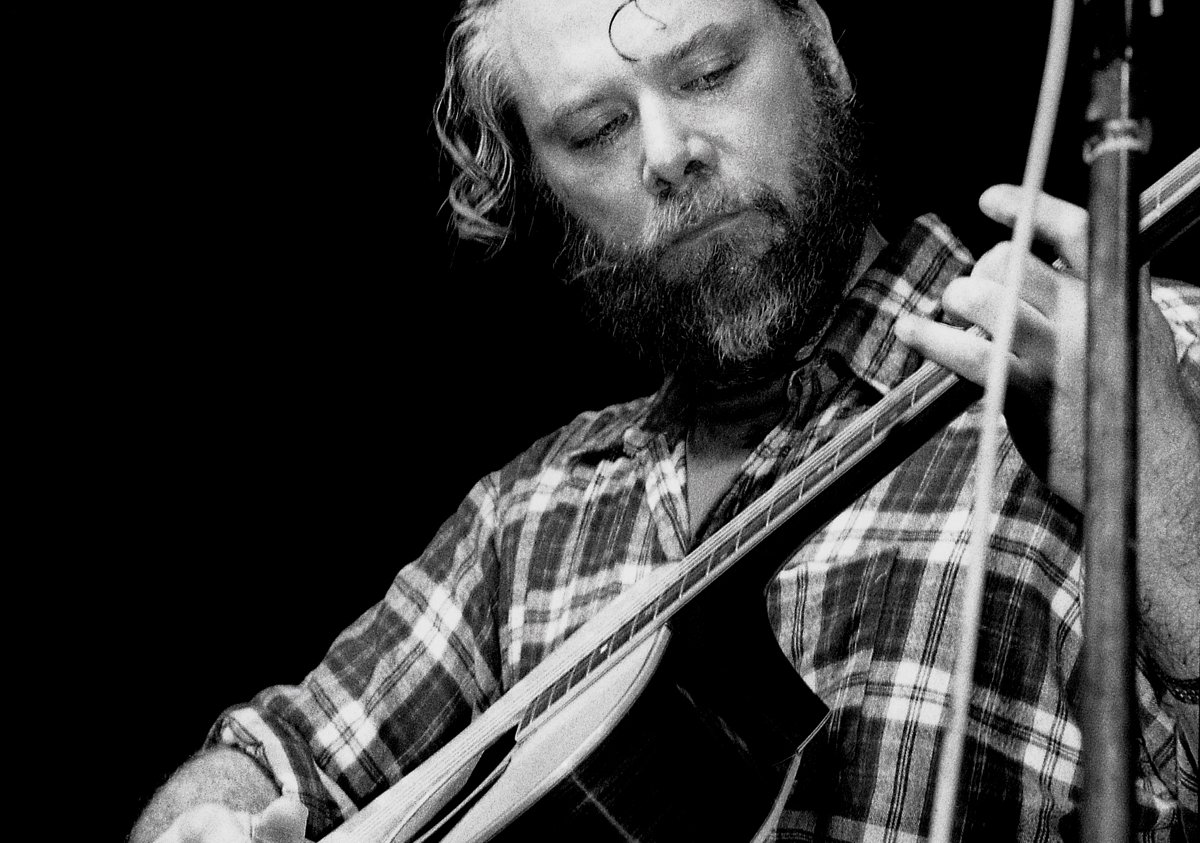 Pascal P Chassin, CC BY-SA 4.0, Wikimedia Commons
Pascal P Chassin, CC BY-SA 4.0, Wikimedia Commons
10. He Couldn’t See
Wilson lived with extreme nearsightedness. Somewhere along his trip with Fahey, he neglected to put on his glasses, revealing the extent of his terrible vision. Although different versions of this story are reported, most credit Fahey with nicknaming Wilson “blind owl” because of this. But another unforgettable story likely set the nickname in stone.
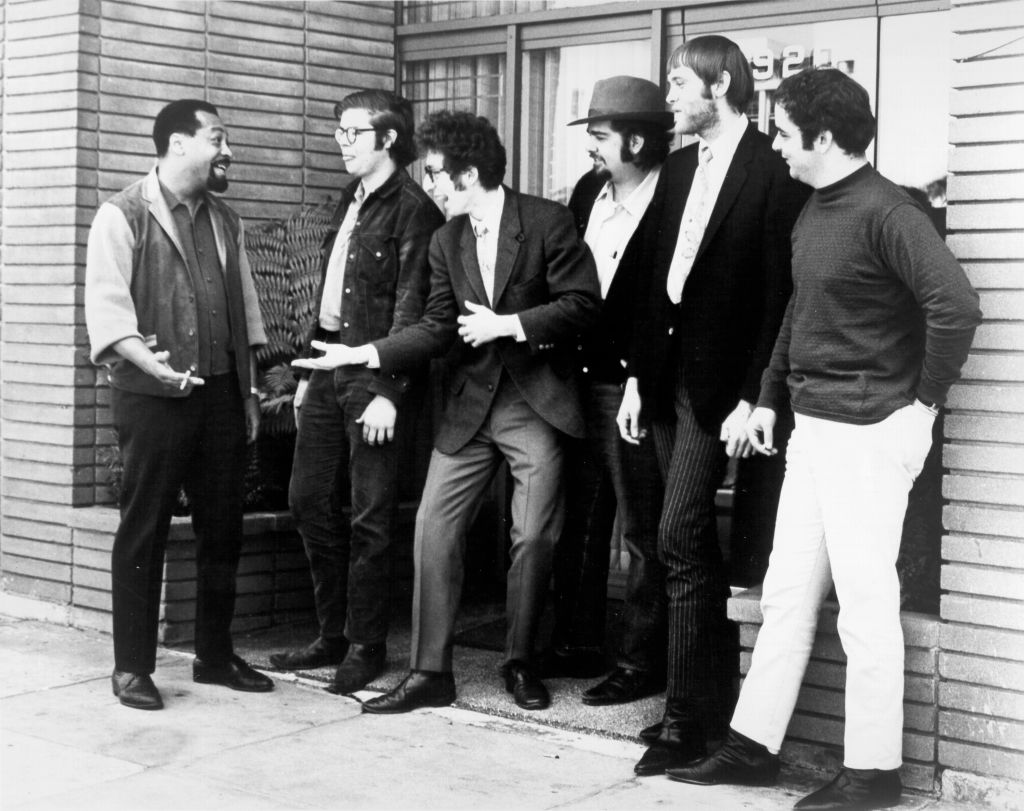 Michael Ochs Archives, Getty Images
Michael Ochs Archives, Getty Images
11. He Crushed It
Still in the “gig” phase of his career, Wilson’s bad eyesight famously got him in trouble at a wedding. Again without his glasses, he mistakenly rested his guitar on the wedding cake, which seemed to look like a table to his terrible eyes. Luckily for him, he played much better than he saw, and it eventually got him just what he thought he wanted.
12. He Met A Bear
In 1965, Wilson connected with Bob “The Bear” Hite in another chance meeting at a record store. A musician and vocalist, Hite’s loud, outgoing personality starkly contrasted with Wilson’s. Still, the two connected over music, and soon paired up with several other musicians to form the band Canned Heat. Unfortunately, things got off to a rough start.
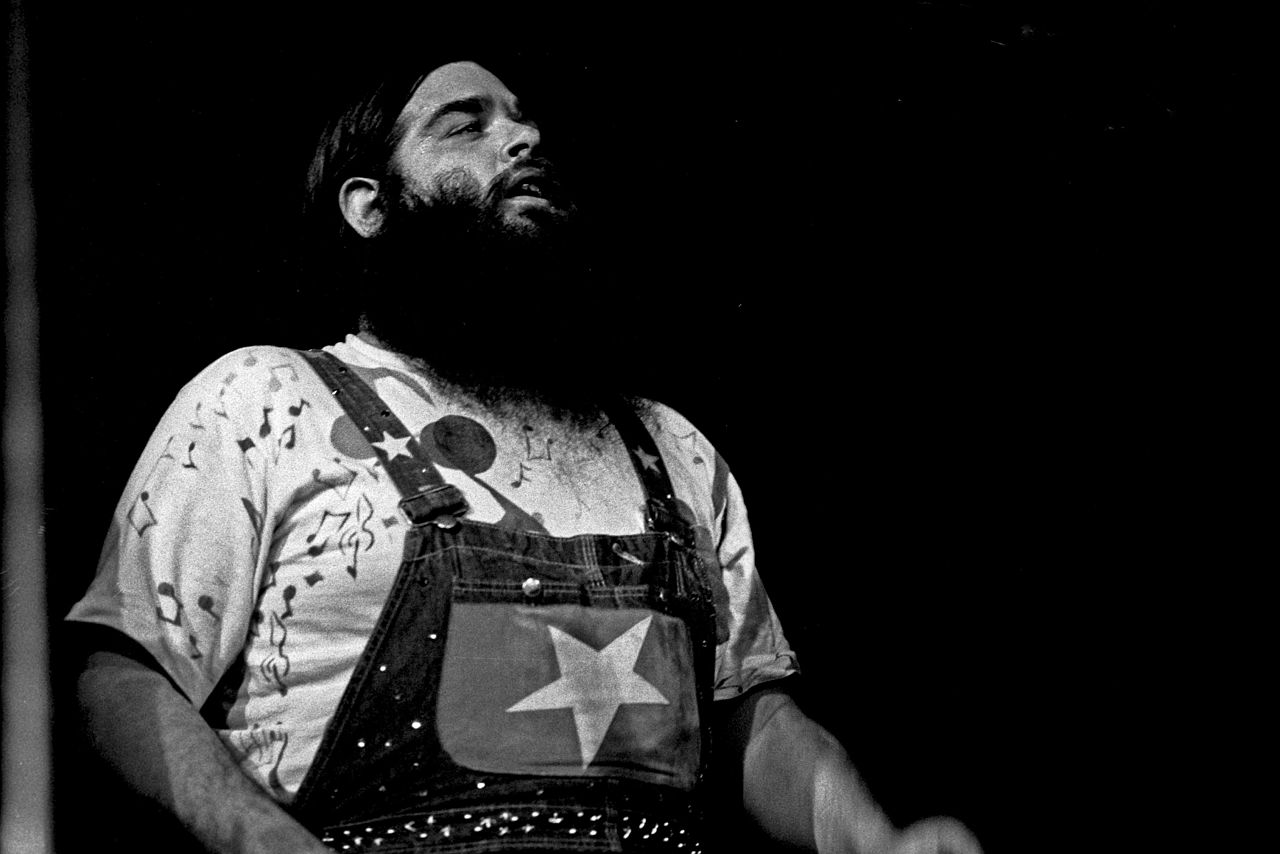 Heinrich Klaffs, CC BY-SA 2.0, Wikimedia Commons
Heinrich Klaffs, CC BY-SA 2.0, Wikimedia Commons
13. They Flopped
Canned Heat’s first year together turned out to be a major failure. They only landed a few gigs, and when they did perform, audiences didn’t like them. They finally gave up the effort in August 1966, and Wilson tried to move on to another band. However, that didn’t work out either. Before the end of the year, he found himself right back where he started.
 Erik Baas, CC BY-SA 3.0, Wikimedia Commons
Erik Baas, CC BY-SA 3.0, Wikimedia Commons
14. They Tried Again
Just a few months after the breakup, the band reconvened in November 1966. This time, audiences started falling in love with their reworked blues tunes. By the next year, they released an album and did a landmark performance at the Monterey Pop Festival. Wilson stood out to everyone, but perhaps not in the way you’d expect.
15. He Broke The Mold
Blues music originated with Black people on American plantations nearly a century before Wilson even came into the world. This made him a most unlikely blues star. And yet, he did the genre so well that critics called him the “finest white blues harmonica man”. With him as a multi-instrument musician and vocalist, Canned Heat saw shocking levels of success.
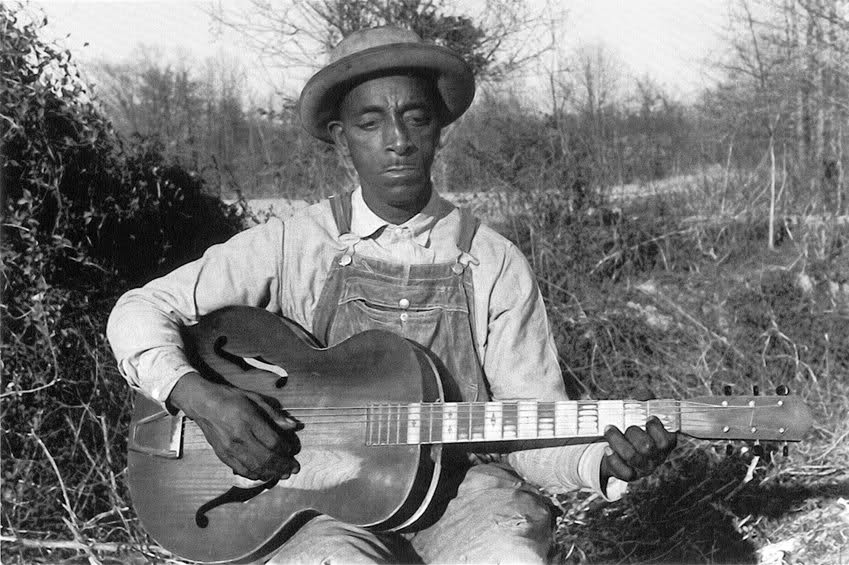 Lee Friedlander, Wikimedia Commons
Lee Friedlander, Wikimedia Commons
16. They Hit It Big
From 1967 to 1969, Canned Heat existed at the very top of its game. Wilson played several instruments and sang on two of the band’s top hits, “On the Road Again” and “Going Up Country”. With him and Hite at the helm, their music blew up the charts. But behind the scenes, deep in Wilson’s mind, a dark, terrifying storm brewed.
17. He Couldn’t Relate
Musical success didn’t turn Wilson into a different person. Perhaps his new success only magnified how different he felt from the people around him. While his fellow bandmates indulged in all the drinking, substances, and wild parties fame offered, Wilson continued to stay inside himself. Unfortunately, his own brain didn’t provide him much comfort.
18. He Couldn’t Rest
Wilson’s struggle with sleep began in his childhood. He suffered from sleep paralysis, an often terrifying condition that causes a person not to be able to move while feeling totally awake. As he grew into adulthood, this transitioned into insomnia. His lack of sleep considered, his even more serious mental issues really don’t come as a surprise.
19. He Couldn’t Cope
Though it seems he didn’t explicitly admit to it during his lifetime, many reports confirm Wilson struggled with both anxiety and depression. He appeared to be a rather nervous person, often tugging and twisting at his hair to self-soothe. Perhaps that, along with the pressure of newfound success, finally made him give in to one vice.
20. He Needed Help
Likely fed up with his inability to sleep, Wilson ultimately turned to the use of substances to cope. That seemed to solve that problem, but ultimately, his mental state began to invade every part of his life. And when his closest friend in Canned Heat left the group right before a huge performance, it spelled the beginning of the end.
21. Things Fell Apart
By 1969, Canned Heat made such a name for themself that they landed a slot at Woodstock. But just before their performance, the band itself began to combust from the inside out. And when I say just before, I very much mean just before. It started when Wilson’s close bandmate, guitarist Henry Vestine, quit two days shy of the performance.
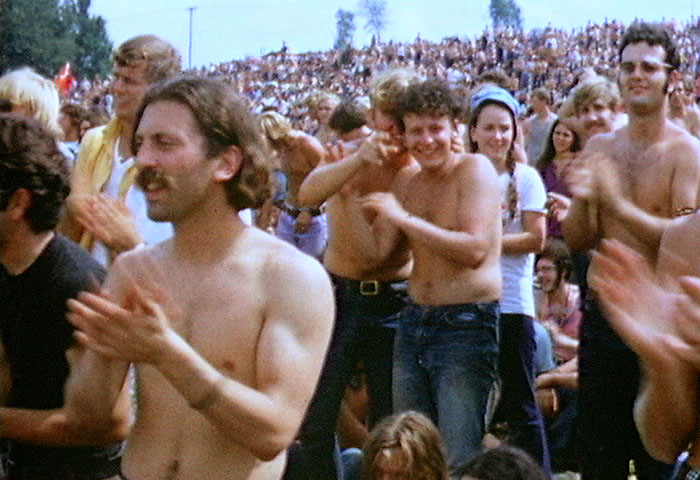 Derek Redmond, CC BY-SA 3.0, Wikimedia Commons
Derek Redmond, CC BY-SA 3.0, Wikimedia Commons
22. They Scrambled
They managed to scrape up another musician to replace Vestine, but that didn’t end their troubles. Their drummer, Adolfo de la Parra, tried to drop out next. Reportedly, Parra crumbled under the pressure, and refused to perform on the day of the event because he felt they didn’t have enough time to prepare. Things turned around just in time.
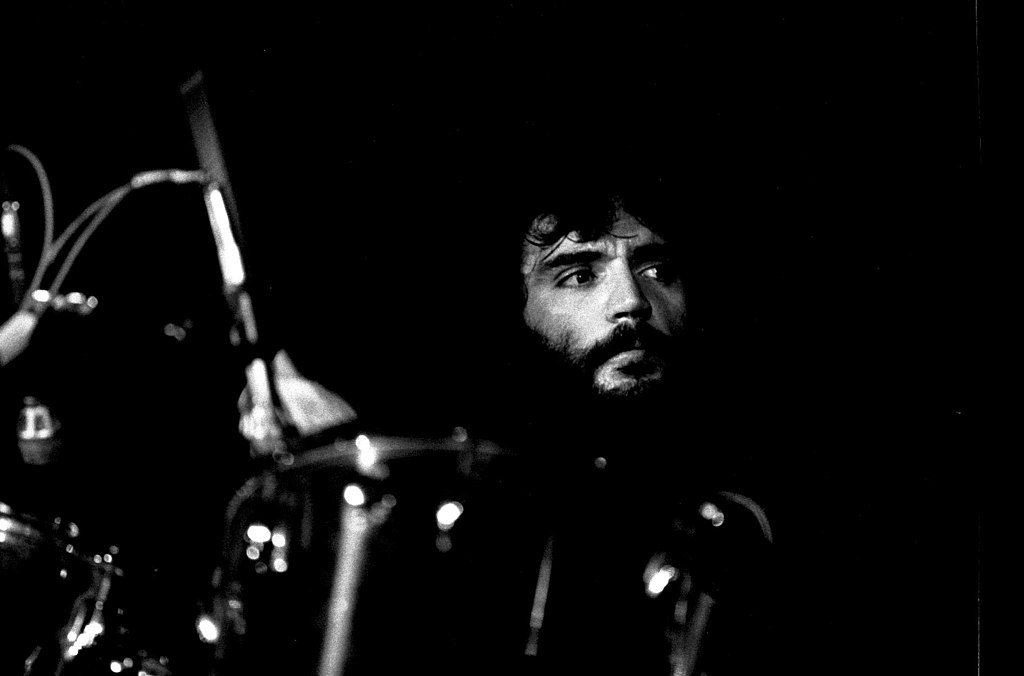 Heinrich Klaffs, CC BY-SA 2.0, Wikimedia Commons
Heinrich Klaffs, CC BY-SA 2.0, Wikimedia Commons
23. They Barely Made It
Somehow, the band’s manager convinced Parra to perform. With minimal time to make their Woodstock slot, the band flew in on a helicopter. The performance ultimately became a trademark success of their career and an iconic Woodstock moment. But perhaps all the pressure proved too much for Wilson’s mental health.
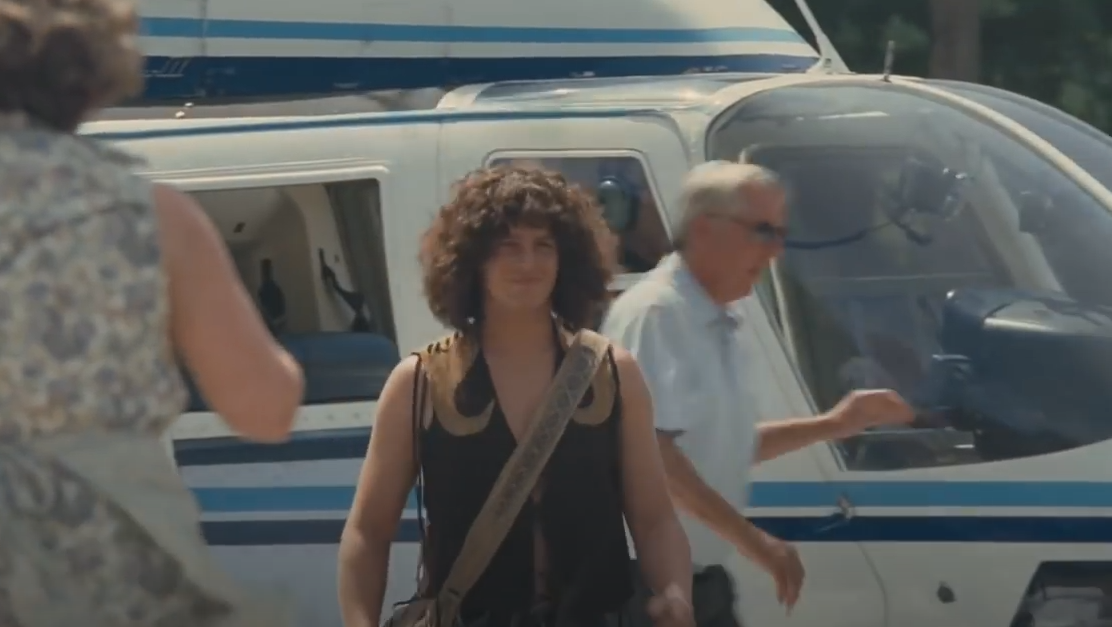 Focus Features, Taking woodstock (2009)
Focus Features, Taking woodstock (2009)
24. They Didn’t Get Along
Around the Woodstock debacle, things got extra tense between Wilson and his bandmates. Losing Vestine dealt Wilson a great defeat, as Vestine served as his closest friend in the band. He also started arguing with Hite often, mostly about the band’s identity. Eventually, Wilson started pulling away from the group in ways impossible to ignore.
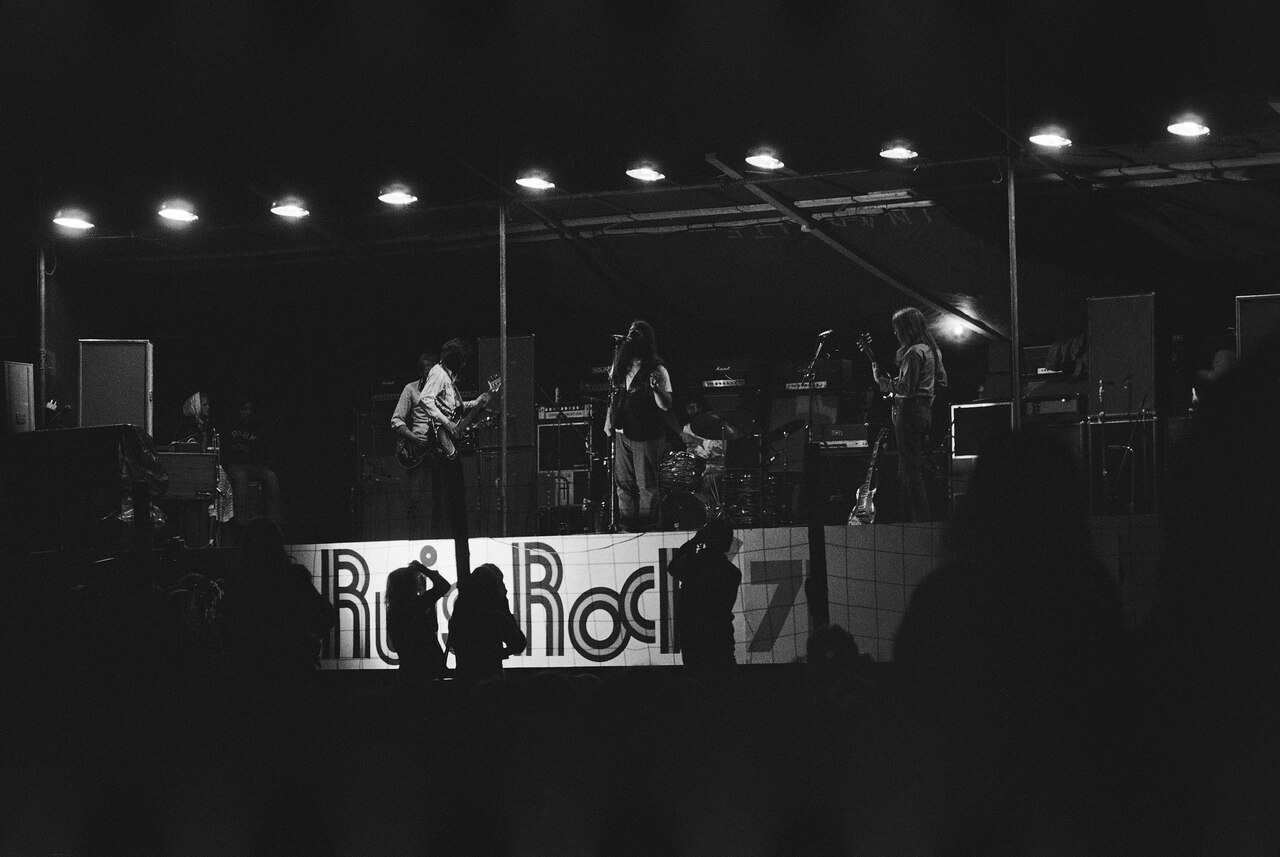 Keijo Laajisto, CC BY 4.0, Wikimedia Commons
Keijo Laajisto, CC BY 4.0, Wikimedia Commons
25. He Kept His Distance
When you take a look back at the photos and footage available from that period in the band’s history, Wilson’s attempt to isolate himself is glaringly obvious. Not only did he often stand at a notable distance from the rest of the group, but he also sometimes appeared to be attempting to hide behind equipment. Shortly after Woodstock, he finally reached his breaking point.
26. He Tried To Quit
Wilson finally began to vocalize his desire to leave the band. Rather than cutting ties completely, he tried to float the idea of continuing to make music with the band while refraining from going on tour. At this point, you may wonder what he wanted to do instead. Well, we’d have to look back a few years to speculate. The truth might surprise you.
27. He Had A Green Thumb
Wilson felt deeply passionate about conservation and made it known at every opportunity. His 1969 song, “Poor Moon” bemoaned his concerns for the moon’s pollution thanks to the Moon landing. Some even imply that his worries about pollution added to his depression, which might explain how he spent his free time.
28. He Stayed Out
Between making music and performing, Wilson spent copious amounts of time outdoors. He liked to collect nature samples like leaves and pine cones. Even more than that, though, he spent his nights outside as often as possible. He felt sleeping outside brought him even closer to nature. Eventually, though, he seemed to take his passion a little too far.
29. He Seemed Obsessed
Reports claim Wilson said he felt closer to nature than he did to people. He took it another step further by seeming convinced that trees actually felt emotion. And while that seems a bizarre passion to some, his obsession ultimately led to some interesting opportunities and ridiculously lucky moments.
 Dietmar Rabich, CC BY-SA 4.0, Wikimedia Commons
Dietmar Rabich, CC BY-SA 4.0, Wikimedia Commons
30. He Got Saved By The Leaves
One unusual story helps explain his amorous feelings for foliage. Back in 1967, authorities descended on the band’s hotel room in search of illegal substances. Wilson only escaped involvement because he was outside collecting nature samples at the time. Eventually, though, more notable recognition of his efforts came his way.
31. He Had His Moment
While he dealt with his doubts about the band in 1969, the United States Forest Service brought Wilson on as an ecological consultant. He conducted research on the future of pollution and its effects on the Earth. He very grimly concluded that no living thing could survive if pollution continued as it was, but he also decided to do something major about it.
 Alfred T. Palmer, Wikimedia Commons
Alfred T. Palmer, Wikimedia Commons
32. He Gave It His All
Wilson dove headfirst into his conservation work in 1970 when he created the Music Mountain Foundation. He wanted to use this establishment to raise money to help conservation efforts, and especially to protect the coastal redwood tree. The members of Canned Heat seemed to join him in this effort, but, ultimately, things went entirely off the rails.
 Jmills74, CC BY-SA 3.0, Wikimedia Commons
Jmills74, CC BY-SA 3.0, Wikimedia Commons
33. He Gave Up
Unfortunately, Wilson’s love affair with nature couldn’t fully distract him from his depression or how detached he felt from his bandmates. He tried to quit the band multiple times in 1969. On some occasions, he reportedly even attempted to join other bands. However, his feelings about his bandmates followed him everywhere he tried to go.
 Woodstock Whisperer, CC BY-SA 4.0, Wikimedia Commons
Woodstock Whisperer, CC BY-SA 4.0, Wikimedia Commons
34. He Couldn’t Let Go
For some reason or another, Wilson kept returning to Canned Heat. Considering his awkward personality, he likely felt even more of a misfit among strangers. According to other claims, though, he always returned to Canned Heat out of the guilt of leaving the group he helped create. But even with his enduring loyalty, he soon tried to quit life altogether.
35. He Couldn’t Take It
Sometime in the summer of 1969, Wilson reportedly tried to take his own life. This resulted in a stint at a psychiatric hospital. When doctors released him, they insisted that someone have custody of him. He moved in with Hite, who helped care for him and he seemed to improve. Hite also provided Wilson with a camper van, which became his primary residence.
Wilson tried to get back to business, but it didn’t take long for his demons to catch up with him.
 Marshall Astor, CC BY-SA 2.0, Wikimedia Commons
Marshall Astor, CC BY-SA 2.0, Wikimedia Commons
36. He Kept Working
Once out of the hospital, Wilson continued to make music with Canned Heat. They released their fifth album, Future Blues, about a year after Wilson’s hospitalization. One of the songs on the album, “Let’s Work Together” flew up the UK charts and became their best single. But the cover—Wilson’s idea—made the biggest, most scandalous impression.
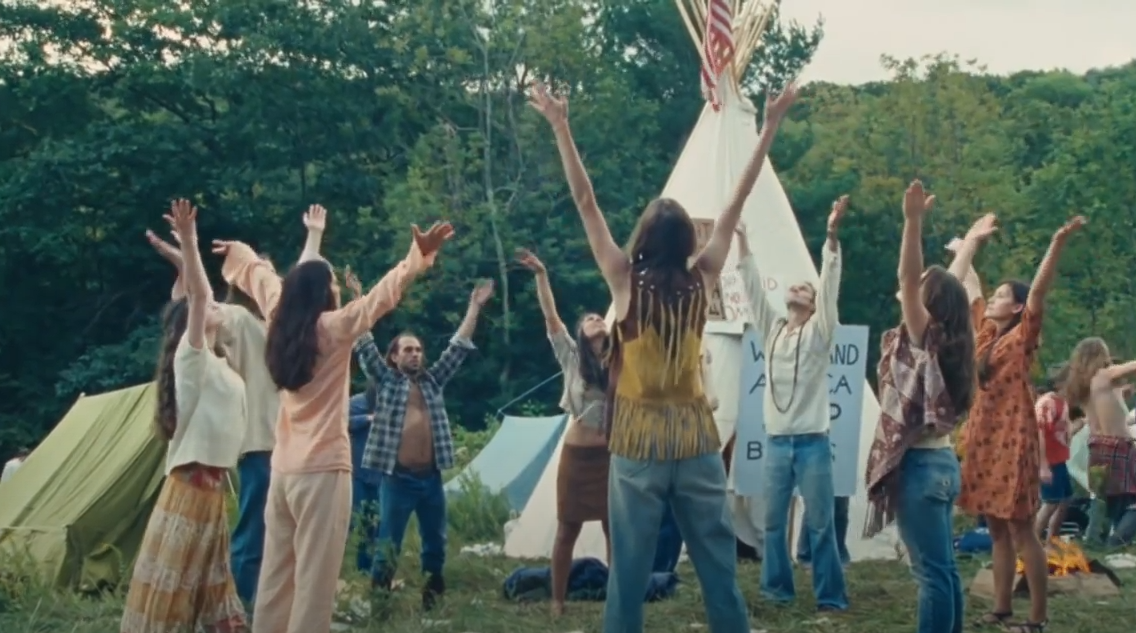 Focus Features, Taking woodstock (2009)
Focus Features, Taking woodstock (2009)
37. They Censored Him
Wilson recommended a single cover that featured an upside-down American flag. This expressed Wilson’s own social concerns at the time, especially his worries about the pollution of the moon and the country’s landing on it a year prior. Several retailers refused to sell it, dubbing it unpatriotic. As it turns out, though, Wilson struggled with much bigger issues.
38. He Went Back
In that same year, Wilson spent another period at the psych ward after another attempt on his own life. This time, he supposedly tried to end it all by driving off a Los Angeles freeway. He survived once again, getting away with a head injury. And somehow, after all that, his tragic end still came as total shock.
39. He Was Scared
It all started with another Canned Heat tour. As you’ll remember, Wilson didn’t care much for touring anymore. To make the situation worse, he disliked traveling by plane. So when he missed the band’s flight to Germany in September 1970, no one gave it a second thought. He’d missed flights before and joined the team later. This time, though, he never joined them again.
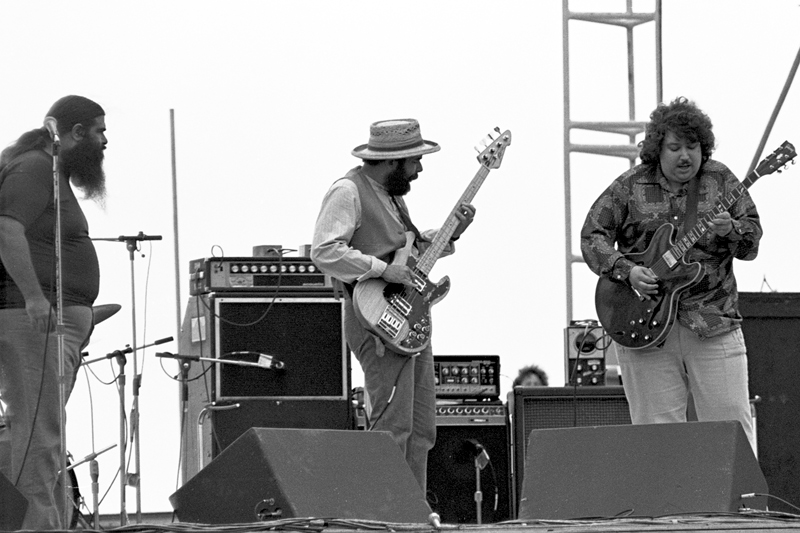 Bob Sanderson, CC BY-SA 3.0, Wikimedia Commons
Bob Sanderson, CC BY-SA 3.0, Wikimedia Commons
40. They Found Him
When they didn’t hear from him the next day, the band got concerned enough to send people to look for him. Authorities found him nestled in a sleeping bag in the forest behind Hite's residence. Even though he’d tried to end his own life before, authorities ultimately called this an accident. Of course, not everyone agreed with this.
41. It Was A Mystery
Authorities reported an accidental overdose, noting the excess of substances in his system. Judging from his past attempts, though, some still believe that Wilson took his own life, including Adolfo de la Parra, Canned Heat's drummer. On the other hand, he didn’t leave a note, and still had pills remaining in his pocket (meaning he likely didn't purposely take them all). Either way, though, the world lost a musical genius—and that wasn't all.
The timing of Wilson's demise was also extremely suspicious.
42. He Joined A Tragic Trend
Wilson passed at only 27 years old, joining a group of infamously young and shocking deaths around that same time. Brian Jones, Jimi Hendrix, Janis Joplin, and Jim Morrison—all emerging musical geniuses—passed within the few years surrounding Wilson’s end, and all at age 27. The coincidence of it all remained a chilling mystery, even as Wilson’s family laid him to rest.
43. They Gave Him His Deepest Desire
Wilson’s family, friends, and fans held a memorial service for him in September 1970. They cremated him and spread his ashes among the redwoods of the Sequoia National Park. Finally at rest in the place he seemed most at peace, his band was left to pick up the pieces. As you’ve probably guessed, they did no such thing.
44. They Betrayed Him
Shortly after Wilson’s passing, Canned Heat committed to providing for his nature fund and continuing his conservation work with the profits from their concerts. They ended up misappropriating the funds, though, leaving Wilson’s goals unmet. This isn’t too surprising, though, considering the fate of the band itself.
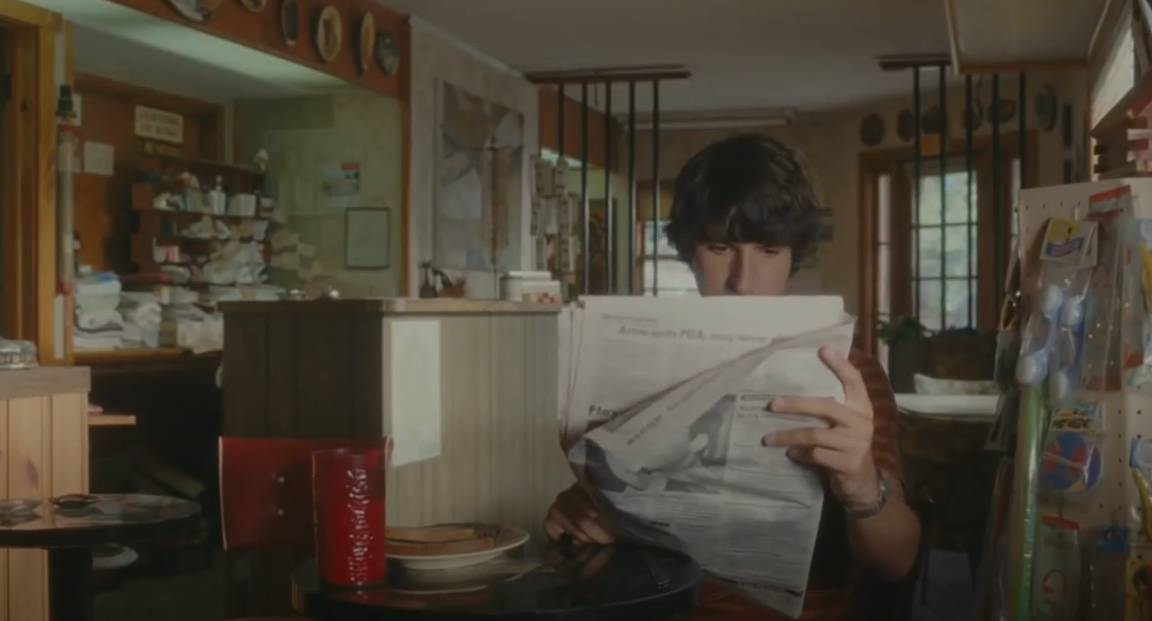 Focus Features, Taking woodstock (2009)
Focus Features, Taking woodstock (2009)
45. They Lost Their Sparkle
By that time, Hite stood as the only original member of the band left. They tried to continue their success, but never truly realized any of the huge successes they did with Wilson on the team. In the end, the tensions within the band began to pull it apart. The final nail in the coffin, though, came with an end almost as shocking as Wilson’s.
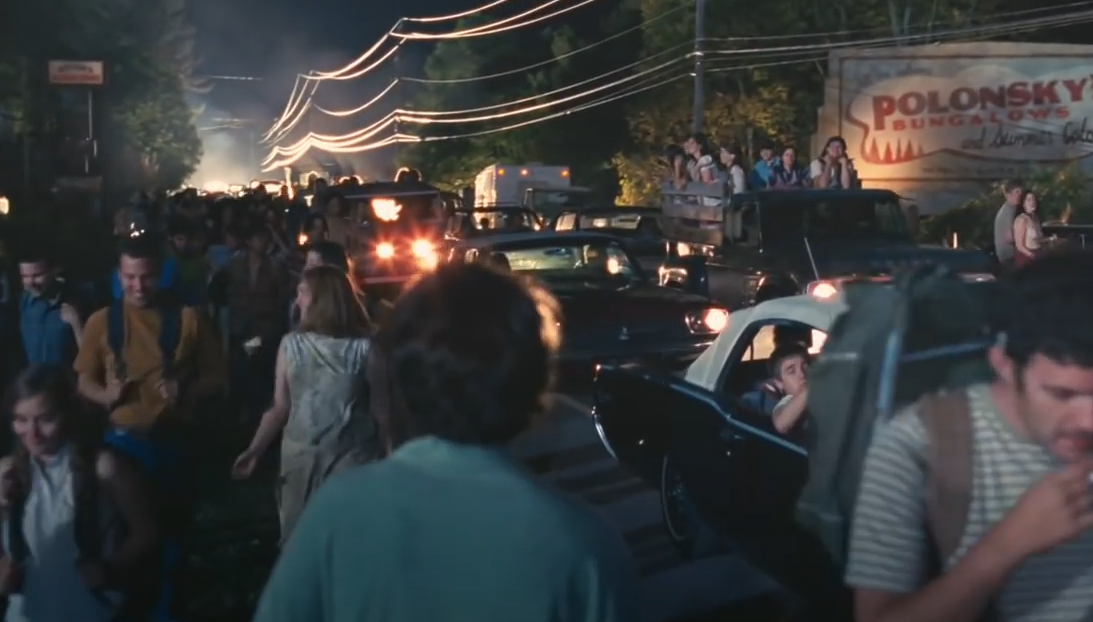 Focus Features, Taking woodstock (2009)
Focus Features, Taking woodstock (2009)
46. He Lost It
Hite struggled with his own demons, especially when it came to the use of substances. In a horrifyingly timed twist, he also did an excess of substances and passed right between two sets of a Canned Heat gig. And with that, the heyday of Canned Heat finally came to an end. Luckily for Wilson, though, his legacy with the band didn’t disappear with it.
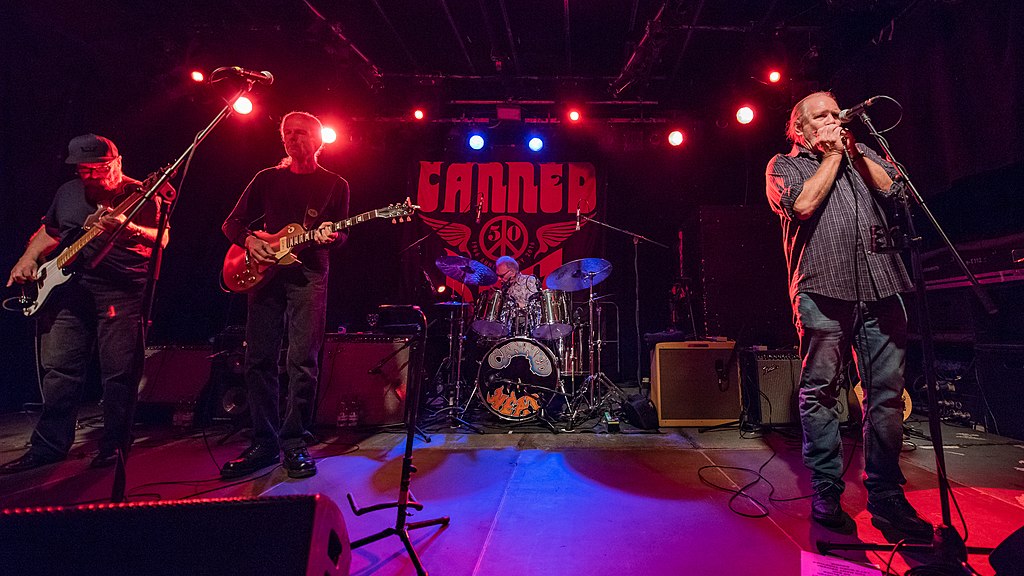 Stefan Brending, Wikimedia Commons
Stefan Brending, Wikimedia Commons
47. He Brought It Back
Though blues existed long before Wilson, critics widely credit him with bringing it back to the forefront of music in the 1960s. His depth of knowledge about the genre’s history, as well as his prolific way with several instruments, made him a legend of blues rock. It’s no wonder he paved the way for other musicians, who managed the longevity snatched from Wilson himself.
48. They Loved Him
Wilson’s styling inspired several famous artists, during his lifetime, and continued to inspire them long after his passing. Musicians like Mike Bloomfield and Charlie Musselwhite consider him one of the greats, and John Fahey called him one of “the most significant influences on my musicianship”. The world ultimately gave him his well-deserved flowers.
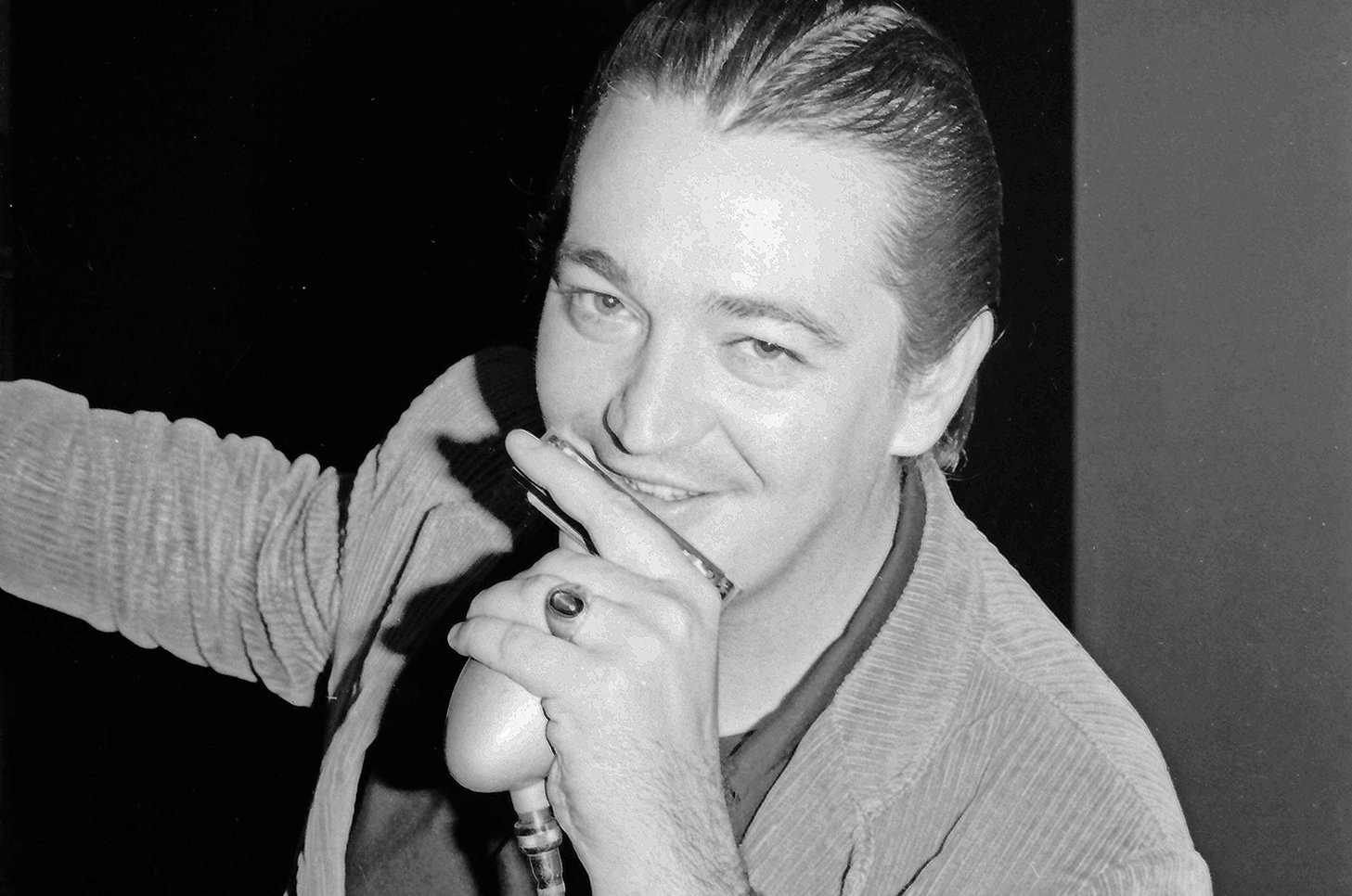 Eatonland, CC BY-SA 4.0, Wikimedia Commons
Eatonland, CC BY-SA 4.0, Wikimedia Commons
49. They Honored Him
In 2023, decades after his passing, critics inducted Wilson into the Blues Hall of Fame. He’s also honored as an inductee of the Music Museum of New England. If blues isn’t really your thing, you might think you’ve never heard one of Wilson’s tunes. You may be very wrong there, though, considering how widely Canned Heat’s music spread.
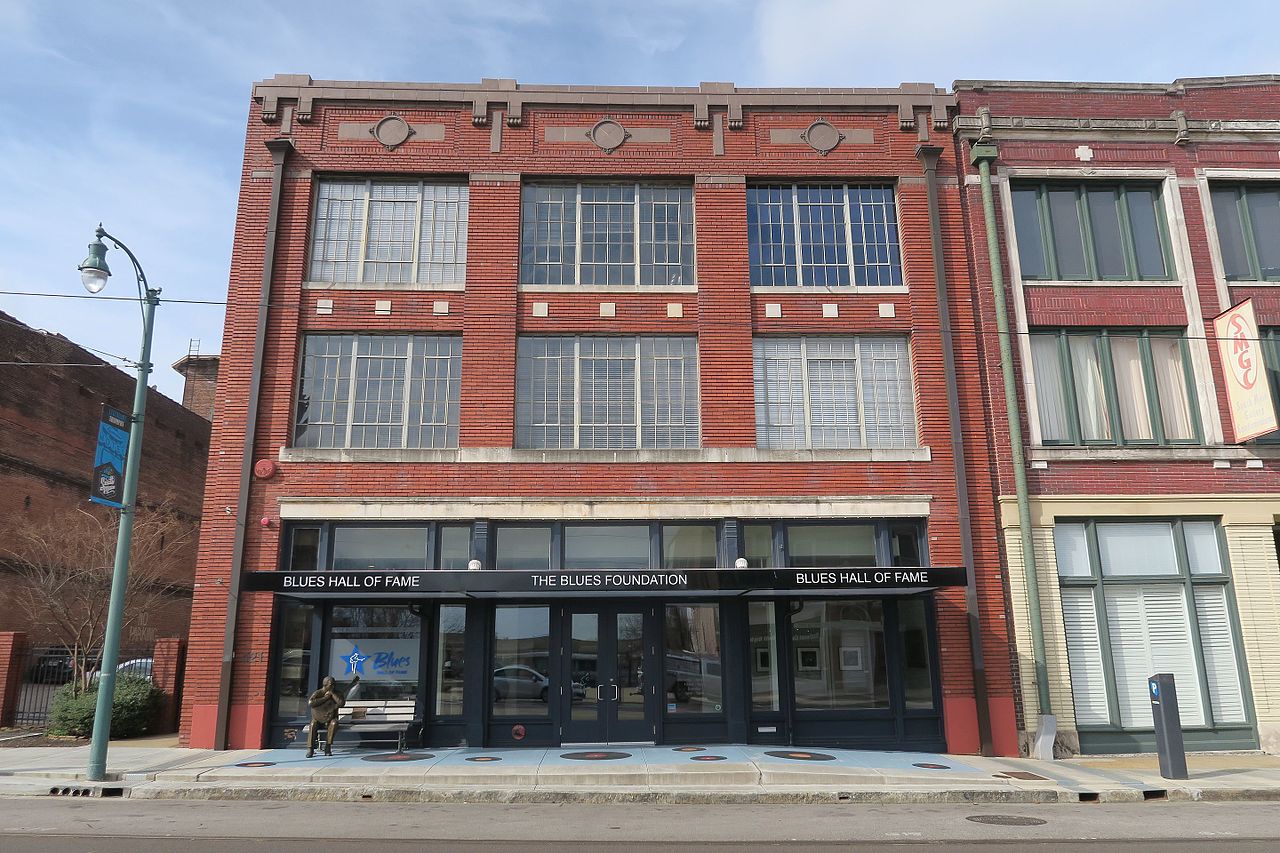 John Phelan, CC BY-SA 4.0, Wikimedia Commons
John Phelan, CC BY-SA 4.0, Wikimedia Commons
50. They Went Mainstream
Wilson’s music continues to live on in pop culture and is often featured in commercial advertisements. Notably, brands like Pepsi, Levis, and General Motors featured Canned Heat’s records in their ads. Wilson probably didn’t have that in mind during his short time walking among us. But true genius lives on forever.


